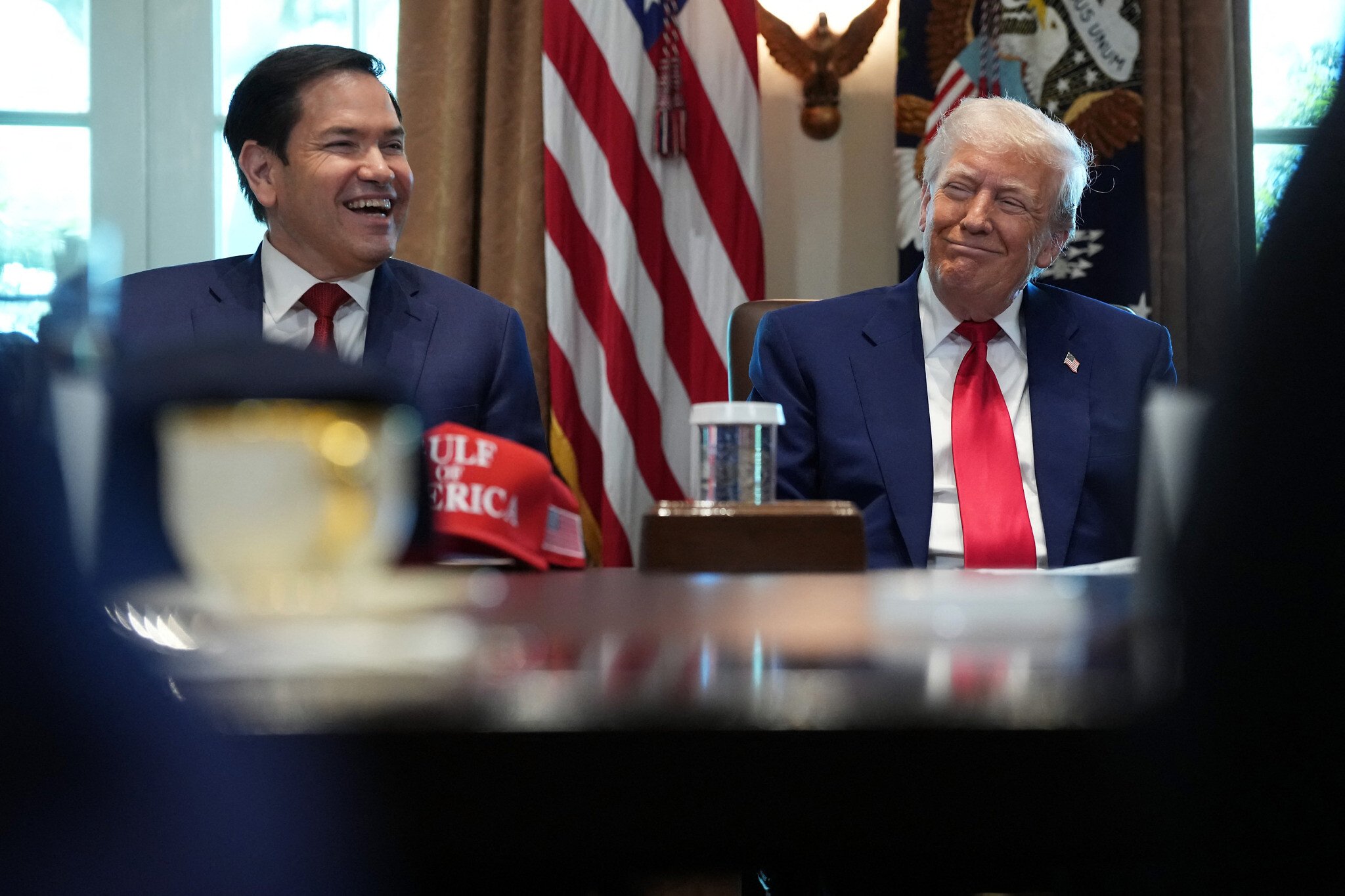What Happened
On June 17, 2025, U.S. President Donald Trump convened a meeting of the National Security Council to discuss the escalating conflict between Iran and Israel. This meeting followed a series of aggressive statements by Trump regarding Iran’s Supreme Leader, Ayatollah Ali Khamenei, and the ongoing military actions in the region. Trump characterized Khamenei as an “easy target” but stated that the U.S. would not take lethal action against him “for now.” The president also claimed that the U.S. had “complete and total control of the skies over Iran,” suggesting an increased military posture in the region.
The backdrop of this meeting includes Israel’s recent military strikes on Iranian nuclear facilities, which have intensified the conflict. Trump’s rhetoric has shifted from a focus on negotiation to demanding “unconditional surrender” from Iran, indicating a potential pivot towards a more confrontational U.S. stance in the conflict. This escalation has raised concerns about the possibility of U.S. military involvement, despite some lawmakers advocating for restrictions on such actions without congressional approval.
Key Details
- Date of Events: June 17, 2025.
- Key Figures: U.S. President Donald Trump, Iranian Supreme Leader Ayatollah Ali Khamenei.
- Military Actions: Israel has conducted strikes on Iranian nuclear facilities, with Trump asserting U.S. control over Iranian airspace.
- Political Reactions: Trump has faced criticism from within his party regarding potential military involvement, with some lawmakers introducing resolutions to limit his authority to engage in hostilities without congressional approval.
- Statements: Trump has emphasized the need to prevent Iran from obtaining nuclear weapons, stating, “Iran cannot have a nuclear weapon.”
Multiple Perspectives
The situation has elicited a range of responses from political figures and analysts. Proponents of a strong U.S. stance against Iran argue that aggressive rhetoric and military readiness are necessary to deter Iranian aggression and protect U.S. interests in the Middle East. For instance, Trump’s supporters assert that his approach is consistent with his long-standing position against Iran’s nuclear ambitions.
Conversely, critics, including some members of Congress, argue that Trump’s escalation could lead to unnecessary military conflict. Representative Thomas Massie (R-Ky.) and Senator Tim Kaine (D-Va.) have expressed concerns about the implications of U.S. involvement, advocating for a more restrained approach that prioritizes diplomatic solutions. They emphasize that the ongoing conflict is primarily between Israel and Iran, and that the U.S. should not be drawn into a war without clear congressional authorization.
Context & Background
The current conflict between Iran and Israel has deep historical roots, characterized by longstanding tensions over Iran’s nuclear program and its support for militant groups opposed to Israel. The U.S. has traditionally aligned with Israel in its efforts to counter Iranian influence in the region. Trump’s administration has previously taken a hardline stance against Iran, including withdrawing from the Joint Comprehensive Plan of Action (JCPOA) in 2018, which aimed to limit Iran’s nuclear capabilities in exchange for sanctions relief.
The recent conflict has intensified following Israel’s military operations targeting Iranian nuclear facilities, which Israel perceives as a direct threat to its national security. The situation is further complicated by regional dynamics, including Iran’s relationships with proxy groups in Lebanon, Syria, and Gaza, which have been involved in hostilities against Israel.
What We Don’t Know Yet
As the situation develops, several uncertainties remain. It is unclear how far the U.S. might be willing to go in its military support for Israel, particularly in light of Trump’s recent statements. The potential for escalation into a broader conflict involving U.S. forces raises questions about the administration’s strategic objectives and the limits of military engagement.
Additionally, the reactions of other international actors, including European nations and regional powers, to the escalating tensions are not fully known. The impact of ongoing military actions on civilian populations and infrastructure in Iran and Israel remains a critical concern, as does the potential for diplomatic efforts to de-escalate the situation.
In summary, the conflict between Iran and Israel, coupled with the U.S. response, is evolving rapidly, with significant implications for regional stability and international relations. The coming days and weeks will be crucial in determining the trajectory of this conflict and the role of the U.S. in it.


